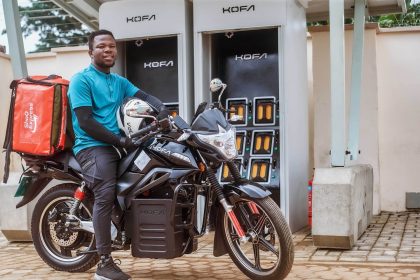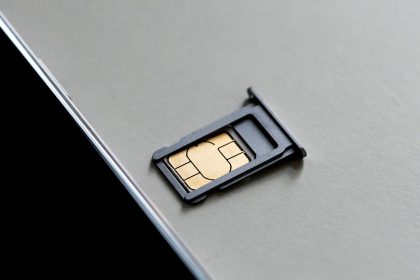Starlink, the satellite internet division of SpaceX, says it will comply with South Africa’s Black Economic Empowerment (BEE) laws and plans to invest R2.5 billion as it prepares to launch services in the country.
Ryan Goodnight, Starlink’s senior director for market access, made the announcement during the Internet Service Providers’ Association’s annual general meeting this week.
What he said
Goodnight told attendees that Starlink is ready to launch once regulatory hurdles are cleared and emphasized the company’s willingness to work within South Africa’s transformation framework.
“Starlink complies with local laws in every market where it’s licensed, and we’ll do the same in South Africa,” Goodnight said, according to a recording of the meeting.
He added that while Starlink does not plan to sell equity in its local subsidiary, it is proposing an “equity equivalence” programme — a R500 million initiative to connect 5,000 schools with free internet and equipment.
The details:
- Total investment: R2.5 billion
- R500 million for equity equivalence and school connectivity
- R2 billion for infrastructure — including ground stations, gateways, leased land, power, and local staffing
- Local partnerships: Starlink aims to work with ISPs and telecom operators for installation, maintenance, and reselling.
- Safety support: Plans to equip National Sea Rescue Institute vessels with Starlink connectivity.
- Economic impact: Infrastructure build expected to create downstream work for construction, fibre, and security contractors.
Regulatory Hurdle
Starlink’s launch has been held up by ownership rules that require foreign telecoms to meet strict local equity conditions. The company is urging an amendment, arguing that the current regulations are “out of sync” with the Electronic Communications Act.
Communications minister Solly Malatsi gazetted a draft policy in May 2025 to align the Independent Communications Authority of South Africa’s (Icasa) ownership regulations with broader ICT transformation tools like skills development and enterprise growth, not just equity.
- The proposal has support from President Cyril Ramaphosa but has faced criticism from left-leaning groups.
- Regulatory experts say even if Icasa adopts the directive, it could take up to two years before implementation.
The bigger picture
South Africa remains one of the few Southern African countries where Starlink is not yet licensed. All its neighbours — except Namibia — have approved operations, according to SpaceX’s global coverage map.
Until regulations are clarified, South Africans eager to subscribe to Starlink may have to wait a while longer.
Source: Tech Central









